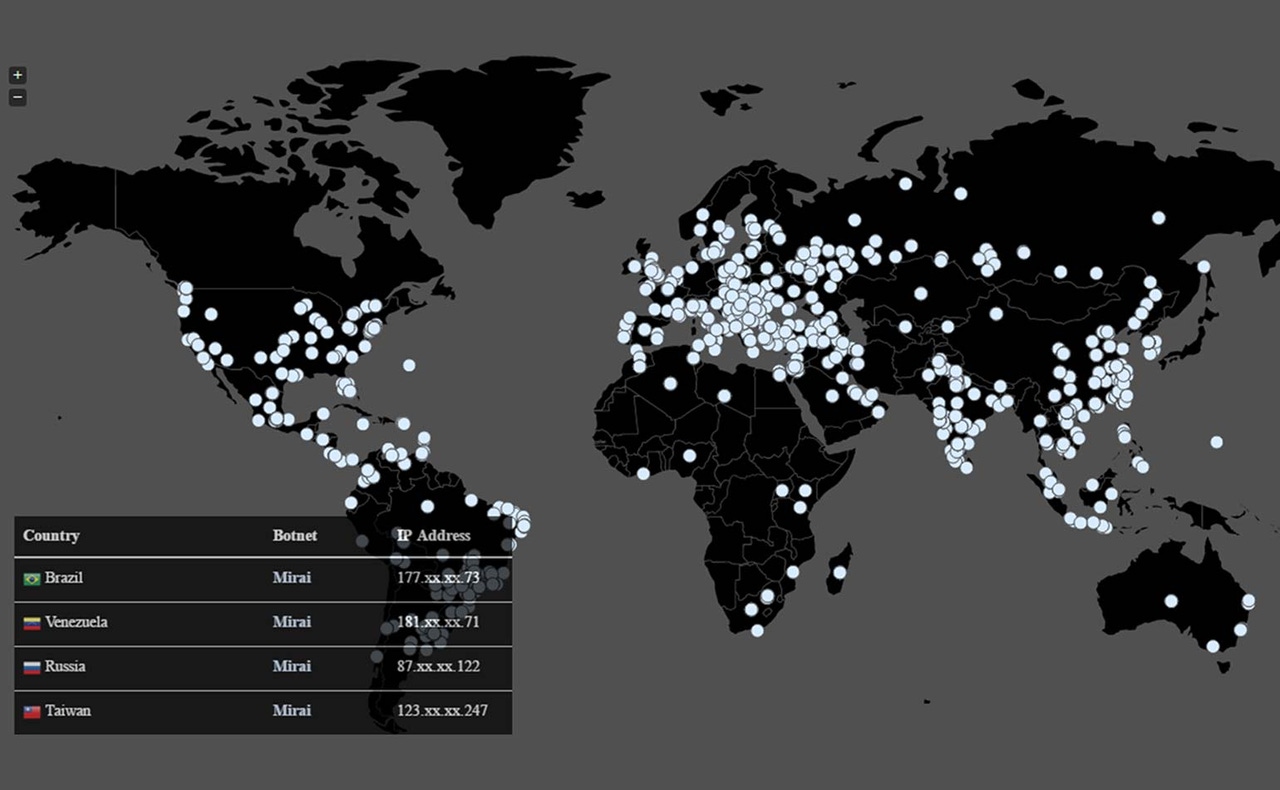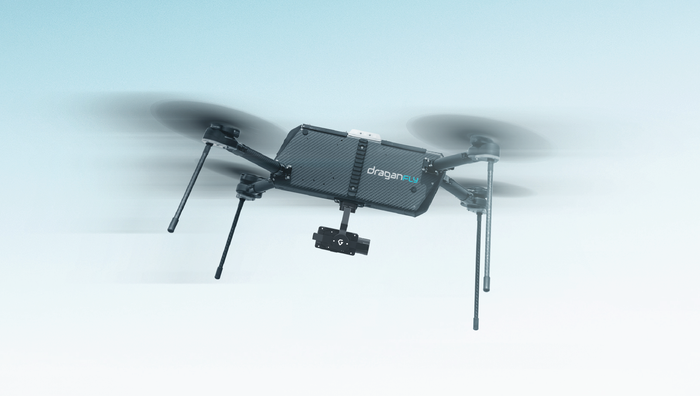Improving Health Care Decision Making During CrisisImproving Health Care Decision Making During Crisis
Health care decision making in real time can benefit from tools like artificial intelligence and machine learing.
April 3, 2020

Making decisions with data in real time is challenging, particularly in times of crisis, when that information can change quickly. But artificial intelligence (AI) may help pave the way to better decision making when people need information quickly and with accuracy.
Over the past couple of months, we’ve experienced real-world impact of information that is fast-moving and changing. COVID-19 has forced us to explore how we make decisions in the face of that steady stream of information—how do we know what’s authoritative? How do we know what action to take?
Over the past couple of months, we’ve experienced real-world impact of information that is fast-moving and changing. COVID-19 has forced us to explore how we make decisions in the face of that steady stream of information—how do we know what’s authoritative? How do we know what action to take?
Scott Robinson, a BI and analytics expert and IoT World Today contributor, and Scott LaJoie, associate professor of health promotion and behavioral sciences at the University of Louisville, discuss how to improve real-time health care decision making during crisis and how tools such as artificial intelligence and machine learning will be critical in identifying patterns to solve institutional breakdowns and errors in decision making and suggest new actions.
“AI will become a big player in the next few years,” Robinson predicted. “We can use AI to help us with preparedness,” Robinson said.
“We can use AI And to help us identify after the fact what worked and what didn’t,” LaJoie added.
About the Author
You May Also Like






